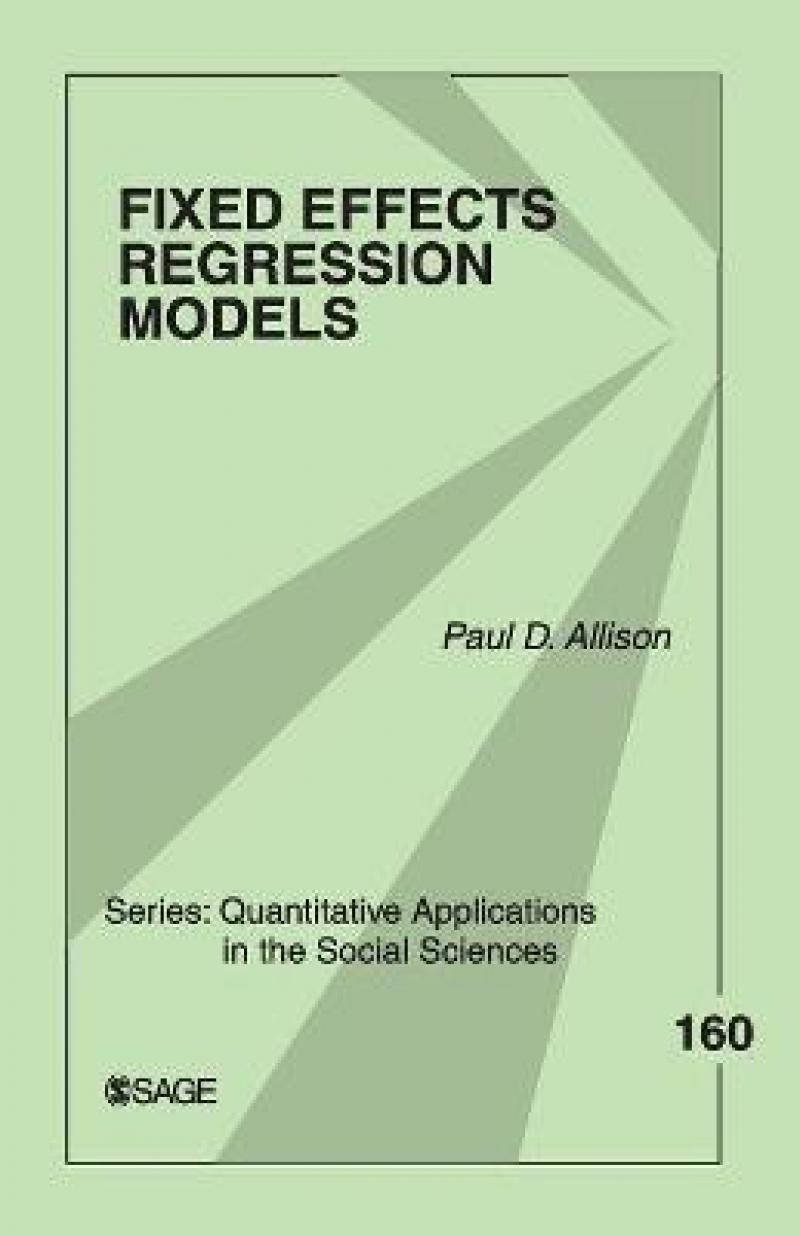This book demonstrates how to estimate and interpret fixed-effects models in a variety of different modeling contexts: linear models, logistic models, Poisson models, Cox regression models, and structural equation models. Both advantages and disadvantages of fixed-effects models will be considered, along with detailed comparisons with random-effects models. Written at a level appropriate for anyone who has taken a year of statistics, the book is appropriate as a supplement for graduate courses in regression or linear regression as well as an aid to researchers who have repeated measures or cross-sectional data.
Les mer
This book demonstrates how to estimate and interpret fixed-effects models in a variety of different modeling contexts.
About the Author
Series Editor′s Introduction
1. Introduction
2. Linear Fixed Effects Models: Basics
3. Fixed Effects Logistic Models
4. Fixed Effects Models for Count Data
5. Fixed Effects Models for Events History Data
6. Structural Equation Models With Fixed Effects
Appendix 1
Appendix 2
References
Author Index
Subject Index
Les mer
Produktdetaljer
ISBN
9780761924975
Publisert
2009-07-07
Utgiver
Vendor
SAGE Publications Inc
Vekt
180 gr
Høyde
215 mm
Bredde
139 mm
Aldersnivå
U, 05
Språk
Product language
Engelsk
Format
Product format
Heftet
Antall sider
136
Forfatter
